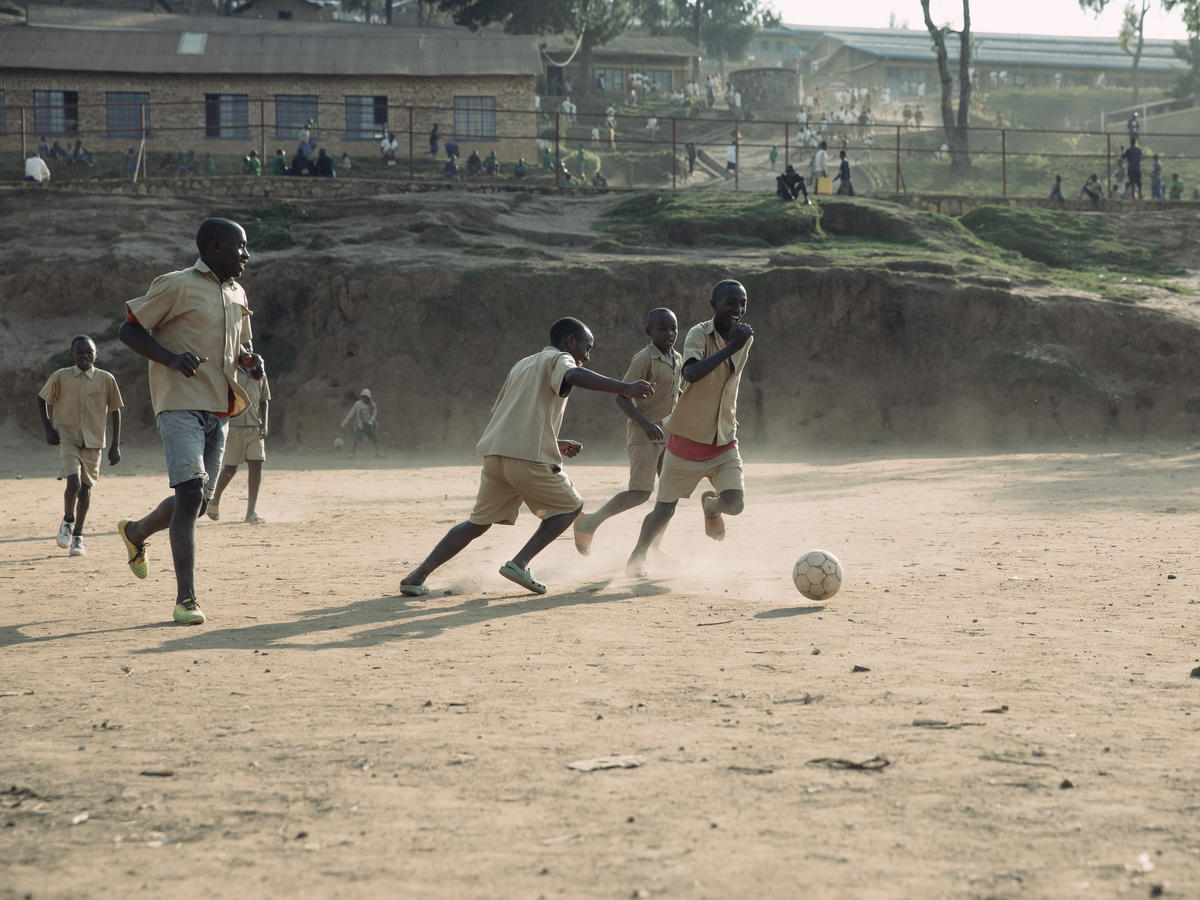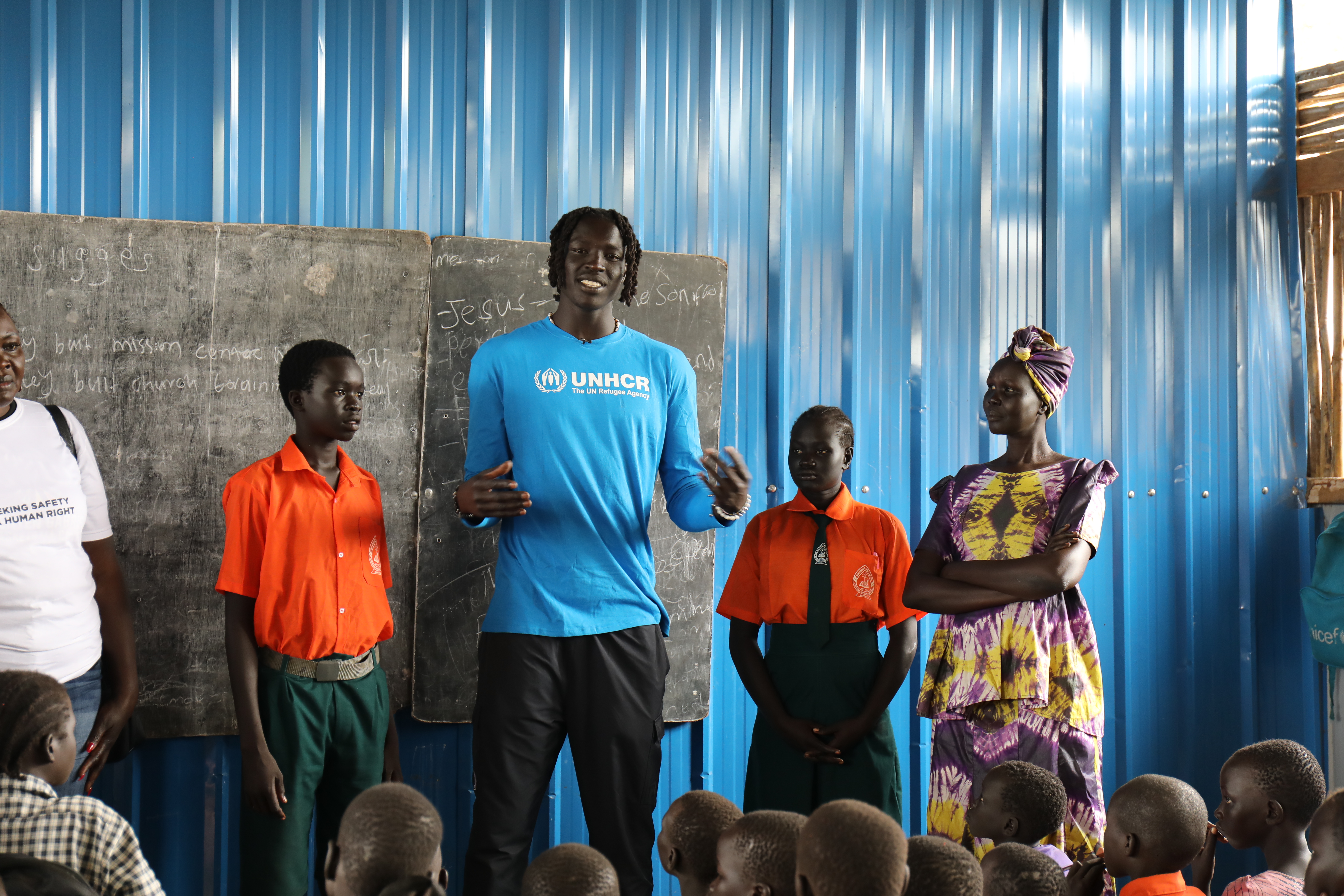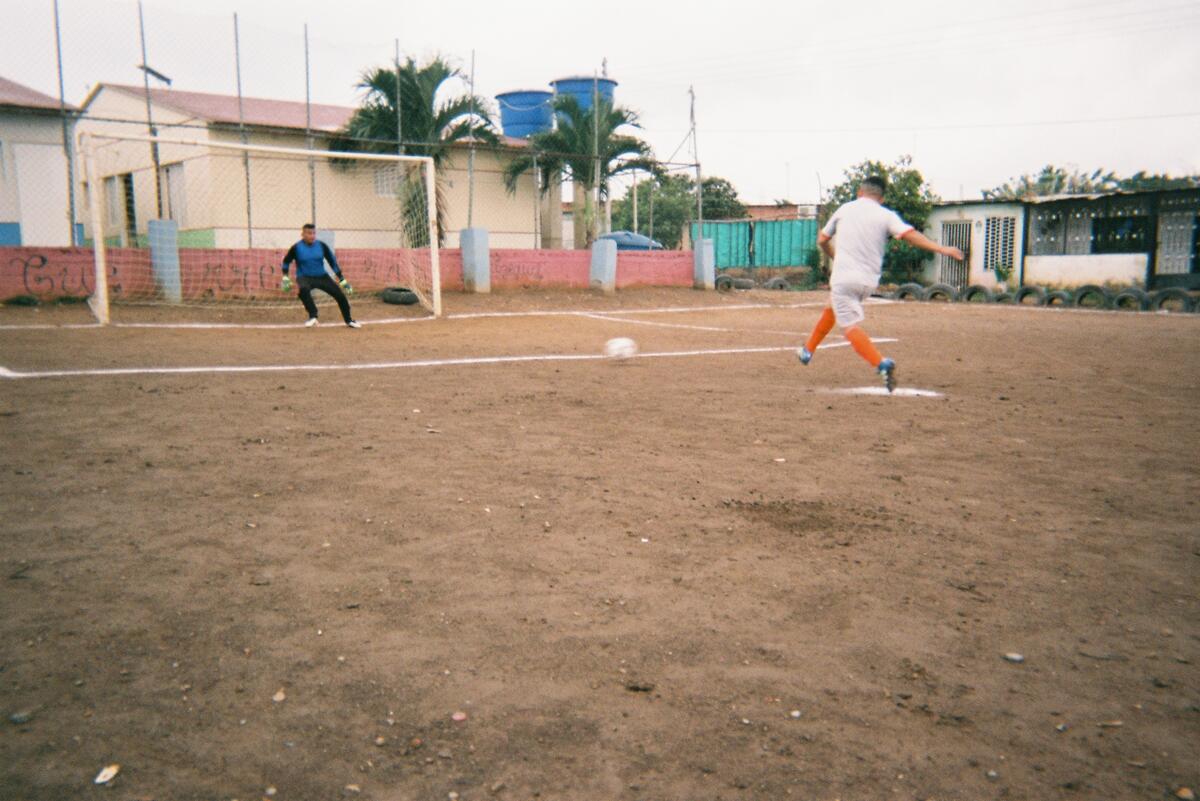With origami cranes and online posts, fans cheer on Refugee Olympians
With origami cranes and online posts, fans cheer on Refugee Olympians
Japanese students in a city devastated by the 2011 tsunami folded and sent 1,000 origami cranes — a traditional symbol of hope and encouragement — to Olympian Rose Nathike Lokonyen in one of the many outpourings of support for the Refugee Olympic Team during the Tokyo Games.
“We wanted to cheer her on, and even though we can’t communicate by language, we thought that if we made 1,000 paper cranes, our feelings would reach her,” said Honomi, 14, a third-year student at Takata Daiichi Middle School in Rikuzen-Takata, which is re-building after the tsunami that struck 10 years ago.
Rose, who ran in the 800-metre race and is one of the 29 members of the Refugee Olympic Team, had visited the school in 2019, when she ran and exercised with the students. She also spoke about her life as a refugee who had fled war in South Sudan and grew up in Kakuma Refugee Camp in Kenya.
“She seemed like a strong woman,” said Shion, 15.
"As we folded each one, we thought about Rose."
For some of the children, it was their first time learning about refugee issues. But both Honomi and Shion felt like they could relate to Rose’s experience after they both lost their homes in the 2011 tsunami and had to live in temporary housing and rely on help from outsiders.
"In a flash, the happy space of my life was shattered,” Shion said.
Honomi remembers feeling worried at the time that her family had little to survive on at first. “But because of the help we received from many people, we have been able to make it until now,” she said.
The entire third-year class of about 100 students gathered in small groups in their classrooms to fold the cranes, which were then strung together into a cluster. The entire project took more than two weeks. “As we folded each one,” Shion said, “we thought about Rose, hoping they would encourage her.”
With spectators unable to attend events in-person during the Games due to COVID-19 countermeasures, people in the host country and around the world have found other ways to show their support for the refugee athletes.
Across Japan, university students cheered for the refugee athletes through various social media channels, including sending video and text messages on a “Fly-Your-Message” website created by a student-based youth organization, YouthxUNHCR for Refugees, that garnered more than 350 messagesLink is external.
Natsumi, 21 and a third-year student at Akita International University, helped with this campaign and also promoted the refugee team through Facebook, Instagram and Twitter.
Watching the Olympic coverage on TV, she cheered for athletes such as swimmer Yusra Mardini and the taekwondo athletes. (“So cool,” Natsumi said.)
"The refugee team can be a catalyst for people to learn."
The global exposure given to these athletes will spark greater awareness in Japan and around the world about the situation of forcibly displaced people, who now exceed 82 million worldwide, Natsumi believes.
“Many university students simply aren’t exposed to refugee issues,” she said. “So I think the refugee team can be a catalyst for people to learn. And then people like me have to follow-up by sending people who seem interested something to move that forward, like a profile of a refugee athlete.”
Waseda University offered support to the athletes by hosting them before the Olympics, and hoped that doing so would raise awareness on campus. The school is proud of its legacy in supporting refugees. There is also a monument to one of its students, diplomat Chiune Sugihara, who as vice-consul in Lithuania saved the lives of thousands of Jews by issuing transit visas to Japan during the Second World War.
“We consider it meaningful that we put this (training) camp in place and offered our students a chance to think about the refugee issues,” Waseda University said in a statement.
The mayor of Tokyo’s Bunkyo Ward, which is the host town for the six members of the IPC Refugee Paralympic Team who start competing later this month, is also hoping the exposure will generate more public interest in refugees among its residents.
"I wanted to create an opportunity through the Olympics and Paralympics to teach our children about this important topic of the global refugee crisis,” Ward Mayor Hironobu Narisawa said in an interview with the mass circulation Mainichi newspaper.
Due to COVID-19 precautions, Bunkyo Ward is not physically hosting the para-athletes, but it still wants to support them and plans to hold a workshop for residents on refugee issues and an online session to engage with the refugee para-athletes.
“I have felt for some time that there was a need for a cheering section for refugees,” Narisawa said. “Not just for the Olympics and Paralympics, but I think there are some larger lessons we need to teach about peace and humanity.”

Halfway around the world, supporters were also cheering for the athletes from refugee camps in East Africa, where several members of the refugee teams live.
“Courage! Courage! So that you may represent us as refugees who did not have the chance to come there, and represent us properly as refugees,” said Burundian refugee Nadege from the Mahama camp in Rwanda.
In the Kakuma camp in Kenya, Anjelina Nadai Lohalith’s aunt cheered for her during her 1,500-metre race.
“She is a role model. She inspires me a lot,” said Mary Natukoj Victor. “If I was young, I would have definitely loved to be an athlete. I keep encouraging my own kids to look up to Anjelina… so they can travel and see the world like she has.”
"They know the world is behind them."
The team also garnered public support — through interviews with the refugee athletes on social media or sending messages — from a host of celebrities and high-profile Olympians, including swimmer Katie Ledecky, sprinter Andre de Grassi and diver Tom Daley.
"This is something they will remember the rest of their lives. Because now they know the world is behind them,” said Yiech Pur Biel, a member of the 2016 refugee team who was the team’s representative in Tokyo. “We are so lucky that people were supporting us, to bring this team to be where it is today.”











